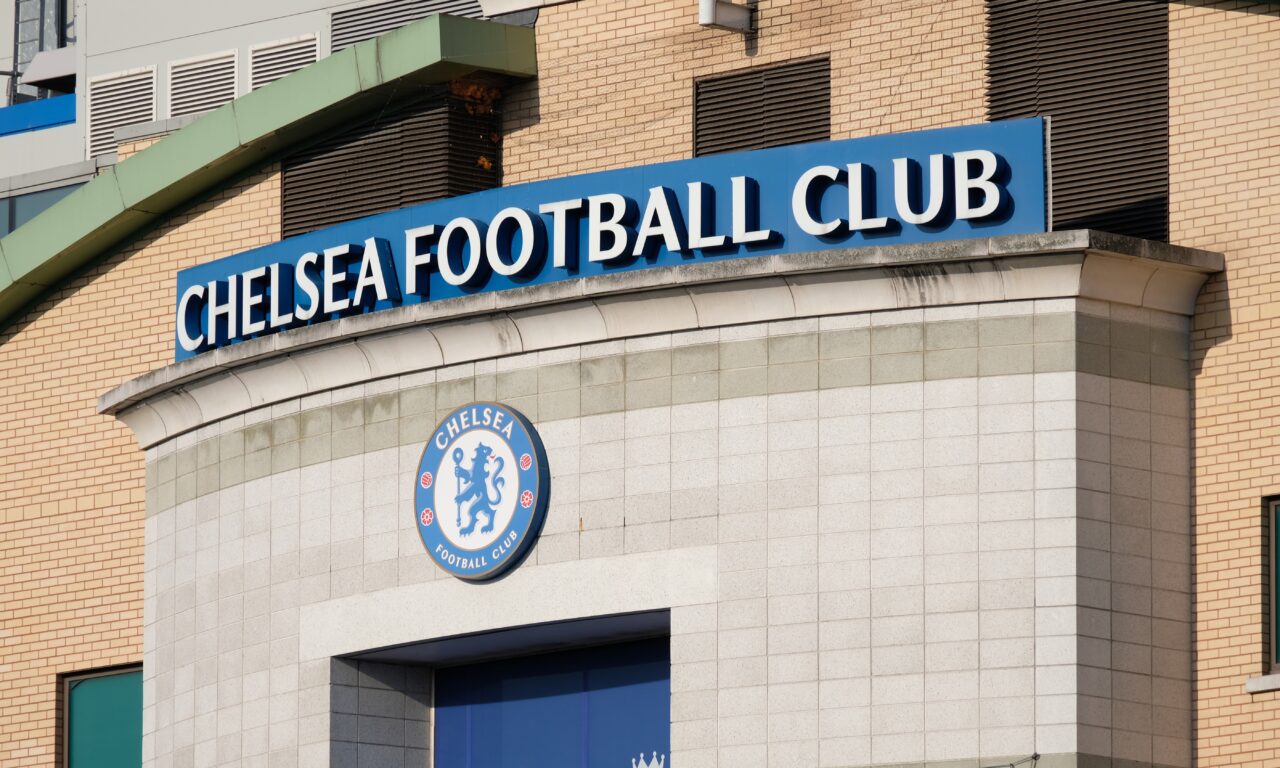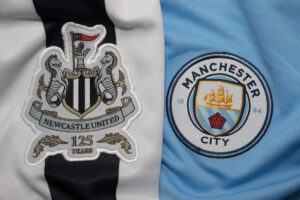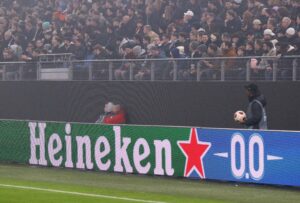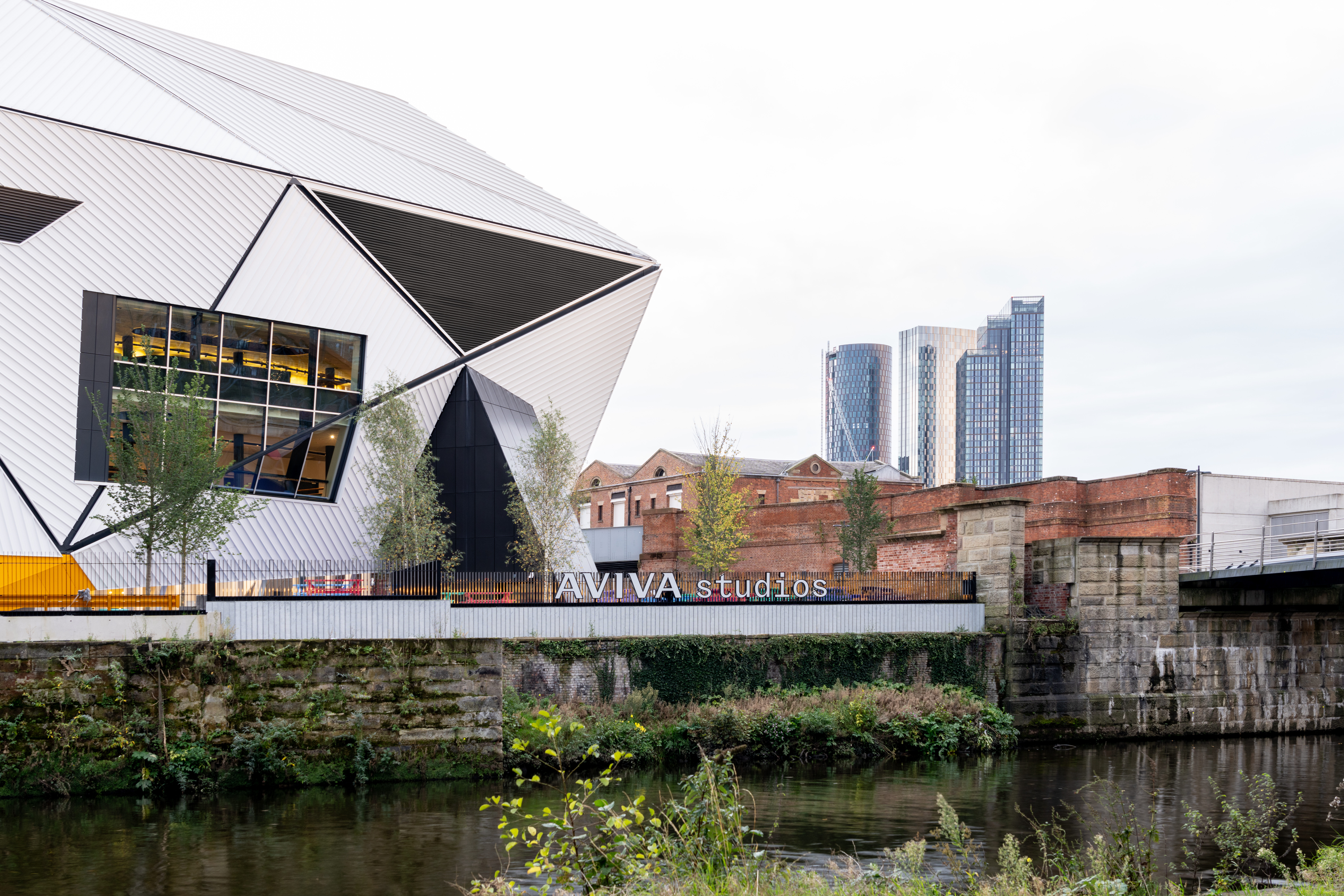Why Chelsea’s New Sponsorship Deal Raises Fair Market Value Concerns for the Premier League

The football business world is currently abuzz with news of Chelsea Football Club's purported sponsorship deal with Infinite Athlete, a recently formed company arising from the merger of Tempus Ex Machina and Biocore. The proposed partnership, set to exceed £40 million, has sparked significant interest due to its notable connection to Chelsea's owners, Clearlake Capital and Todd Boehly. While this move seems promising at first glance, it beckons a comprehensive analysis from a business standpoint to ascertain its compliance with the Premier League's Fair Market Value (FMV) regulations.
The timing and particulars of this sponsorship agreement warrant meticulous scrutiny. Chelsea's pursuit of a new front-of-shirt sponsor hit an impasse until the emergence of Infinite Athlete – a company closely aligned with the club's ownership – offering a deal that nearly doubles the £25m valuation set by Chelsea for this season's shirt sponsorship. Such a substantial leap naturally invites scrutiny, particularly concerning the FMV guidelines in place.
An integral concern pertains to the financial viability of this collaboration. Infinite Athlete has an estimated annual turnover of approximately £12 million, considerably below the staggering £40 million sponsorship they have reportedly offered. With the cost of this sponsorship nearing four times the company's yearly revenue, it prompts a crucial inquiry into the origin of these funds. Clarity regarding the funding source is imperative to ensure full compliance with financial norms and to mitigate any potential irregularities.
A discordance emerges when contrasting this sponsorship's value with The Sponsor’s independent research of the Fair Market Valuation of Premier League club sponsorships. Chelsea's proposed £40 million deal starkly contrasts with The Sponsor’s FMV evaluation placing the club's front-of-shirt sponsorship as the eighth most valuable within the league, evaluated at £16.9 million. A salient factor influencing this evaluation is Chelsea's exclusion from European football tournaments last season, which resulted in diminished visibility for their partners and, consequently, a reduced sponsorship value.
Notwithstanding these visibility-related factors, Chelsea's brand equity remains a formidable asset. The club's enduring reputation, audience demographics, and positive societal contributions strengthen its sponsorship value. This duality in valuation underscores the complexity of the situation and begs closer examination to determine the true alignment of the proposed £40 million agreement with FMV standards.
Comparative analysis adds another dimension of inquiry. When juxtaposed with a similar sponsorship deal involving Newcastle United – a team whose commercial partners will gain visibility on the Champions League stage – the disparity becomes pronounced. The Newcastle deal underwent rigorous FMV assessment, culminating in a notably lower sum. Chelsea's ambitious agreement with Infinite Athlete, a relatively nascent entity with limited revenue streams, demands careful assessment to ensure compliance with established business norms.
As the football business community keenly observes these unfolding developments, the spotlight extends beyond the singular deal to encompass broader questions about the Premier League's resilience and integrity. The outcome of this situation could potentially ripple through future sponsorship agreements, redefining industry standards and expectations. The manner in which Chelsea navigates this critical juncture not only shapes its own reputation but also carries implications for the league's overall strength and transparency. With such large investment sums circulating in the football world at present, the actions and decisions of the Premier League could serve as a touchstone, influencing the dynamics of future deals and the enduring stature of the league on the global stage.









